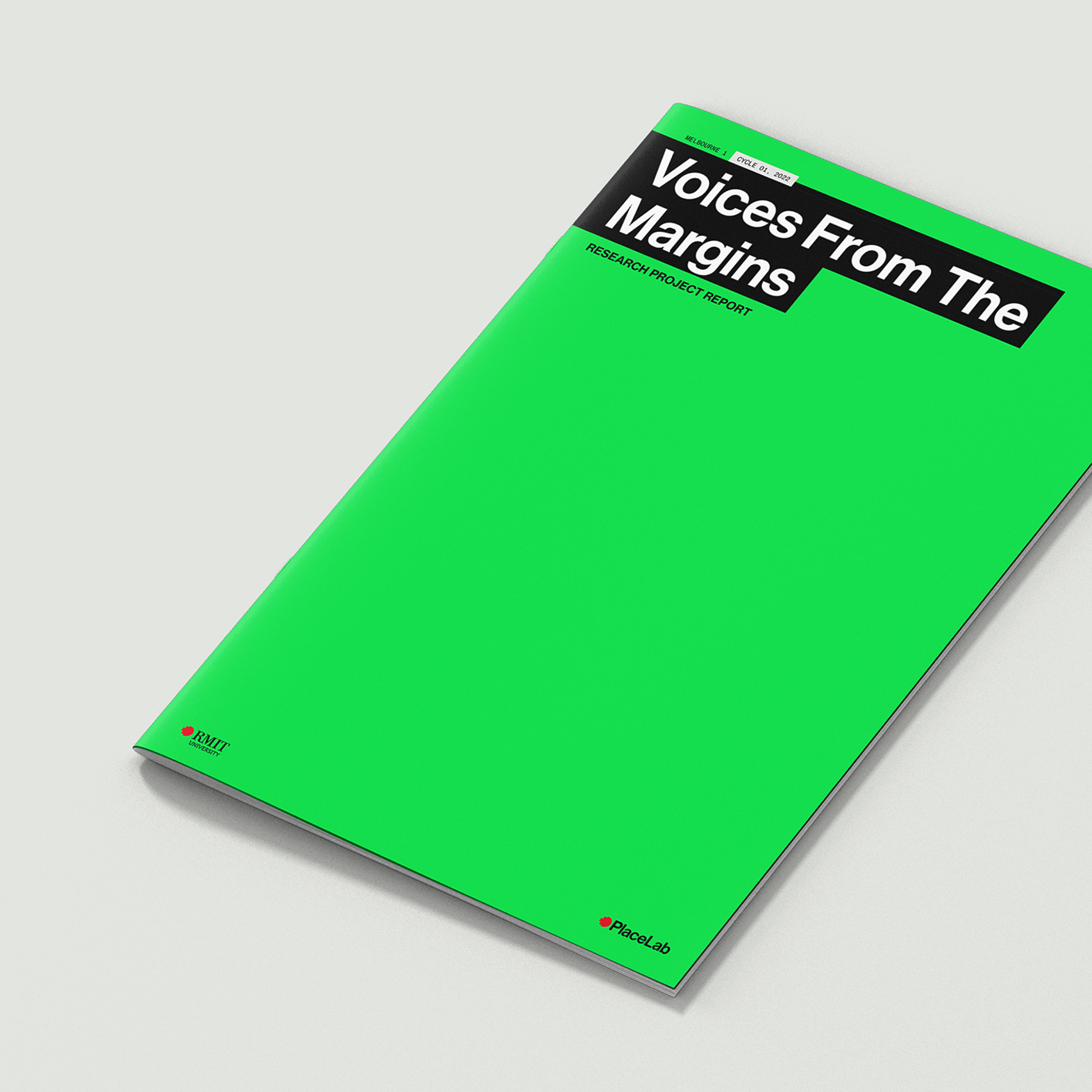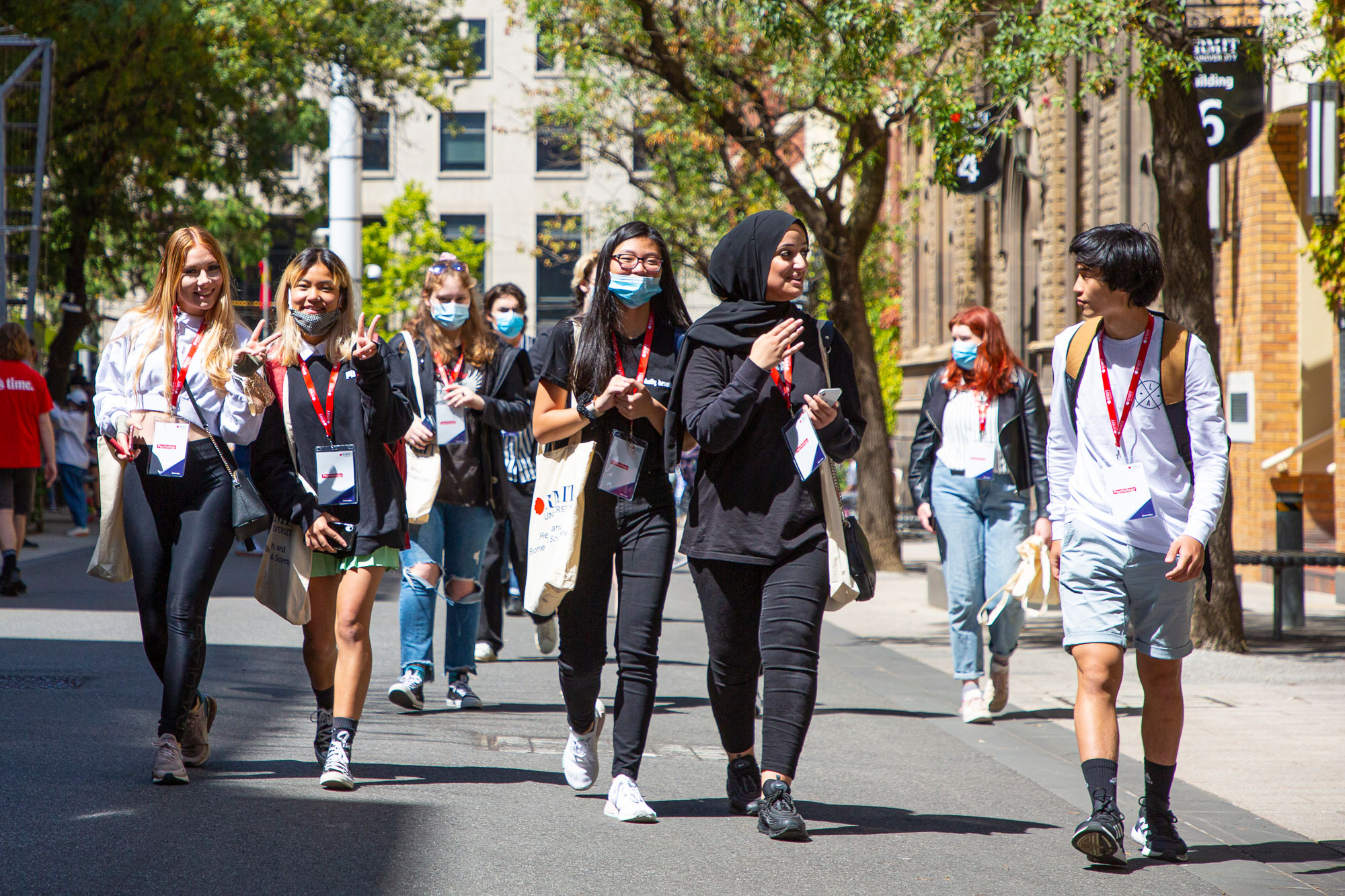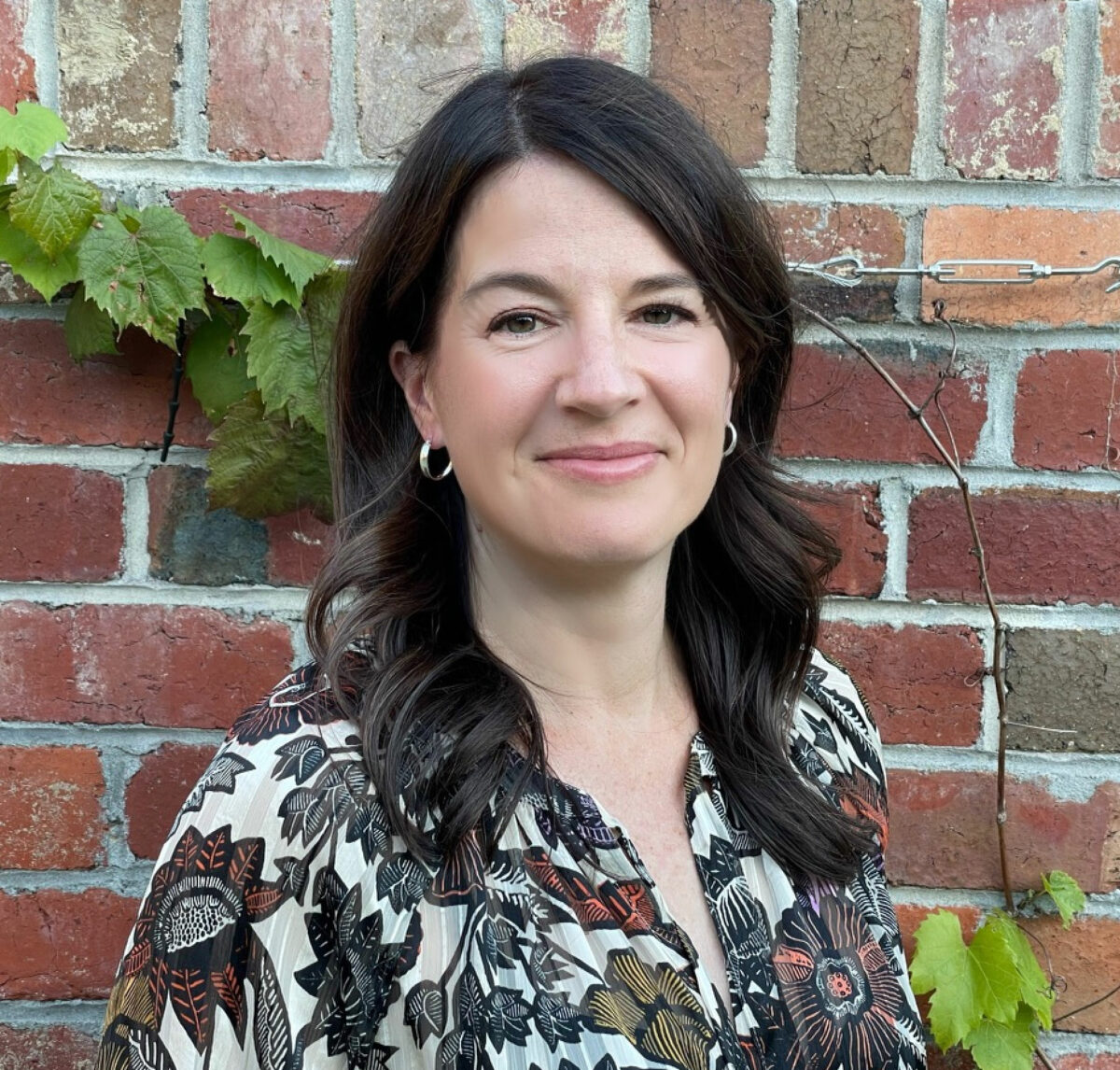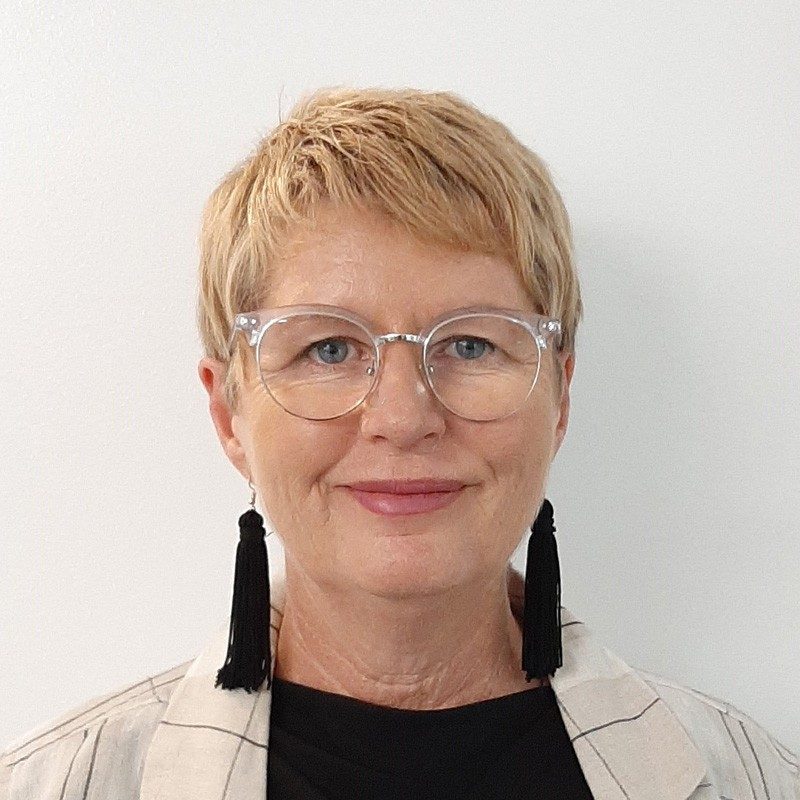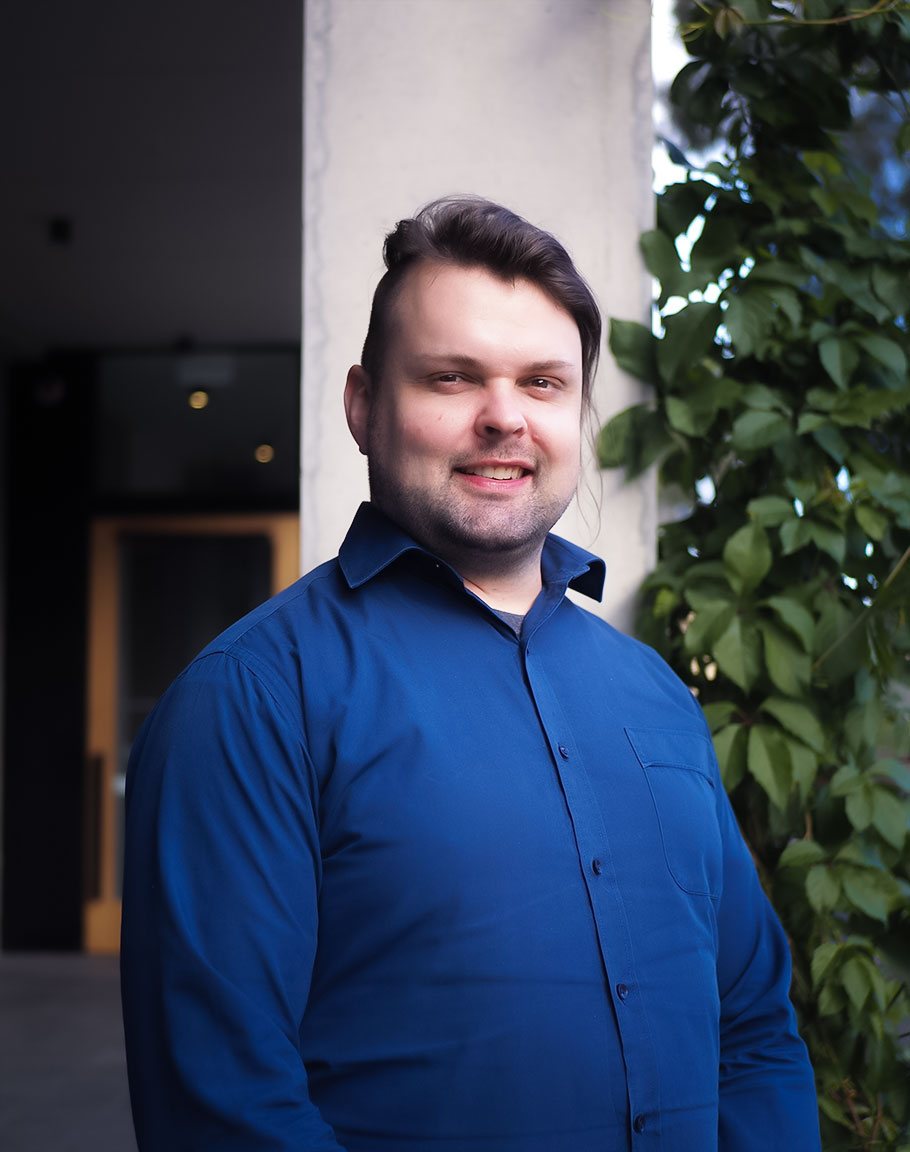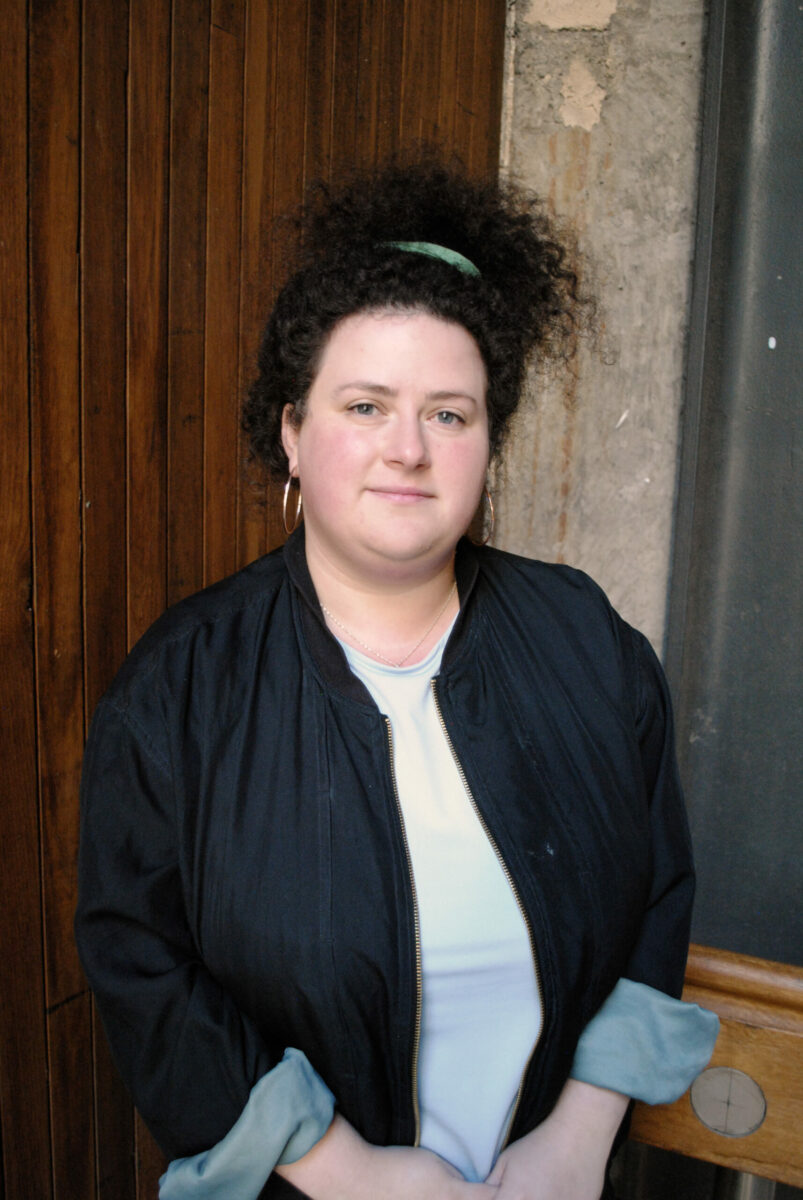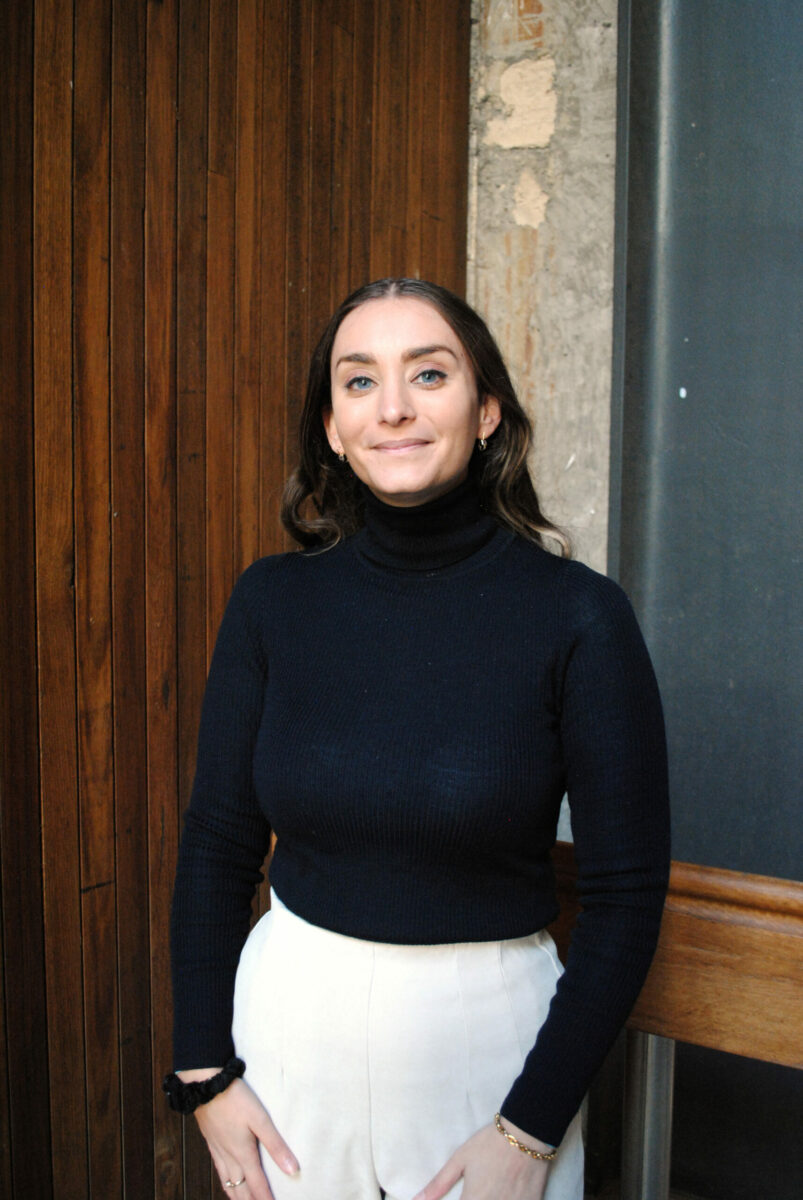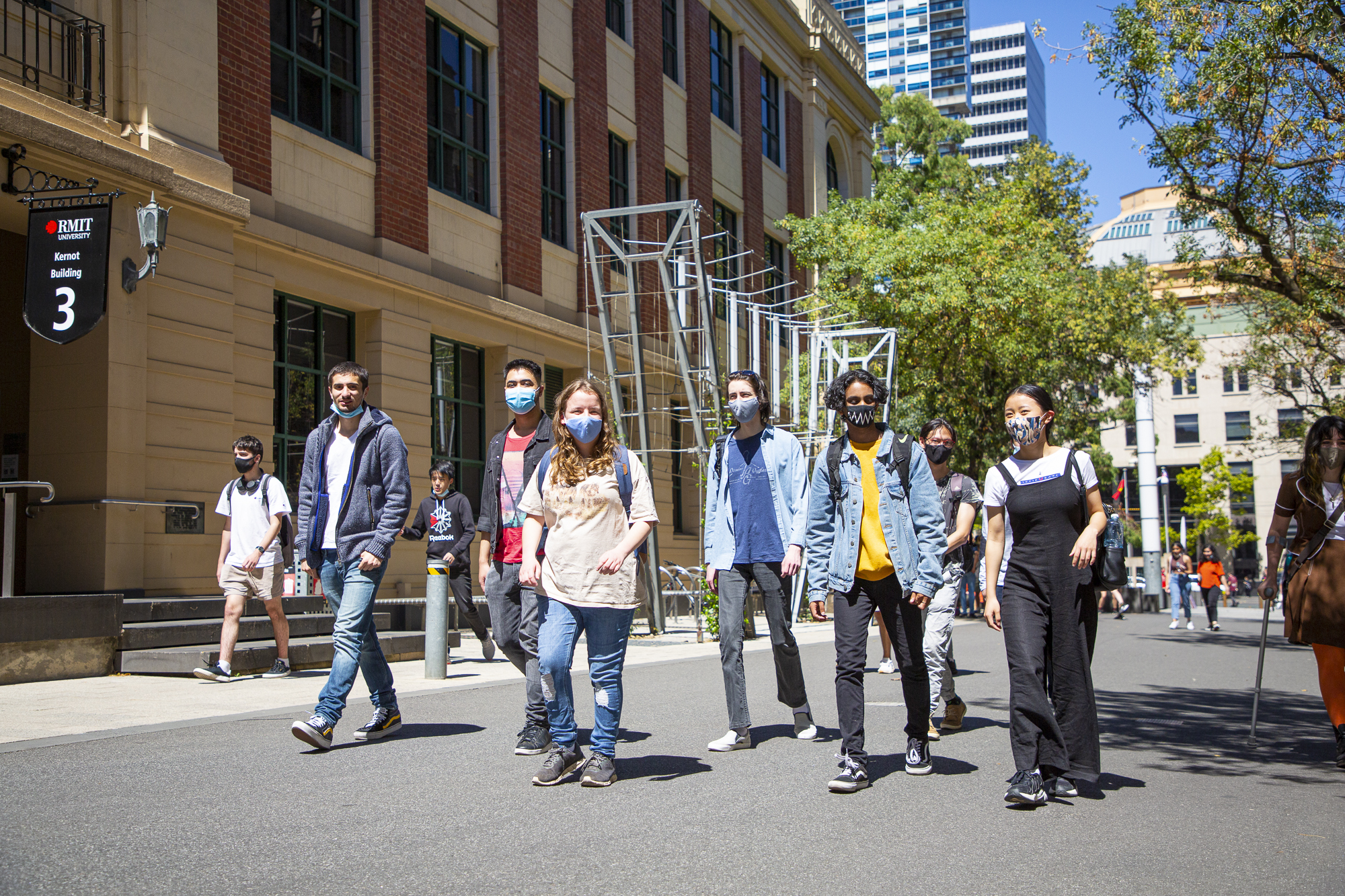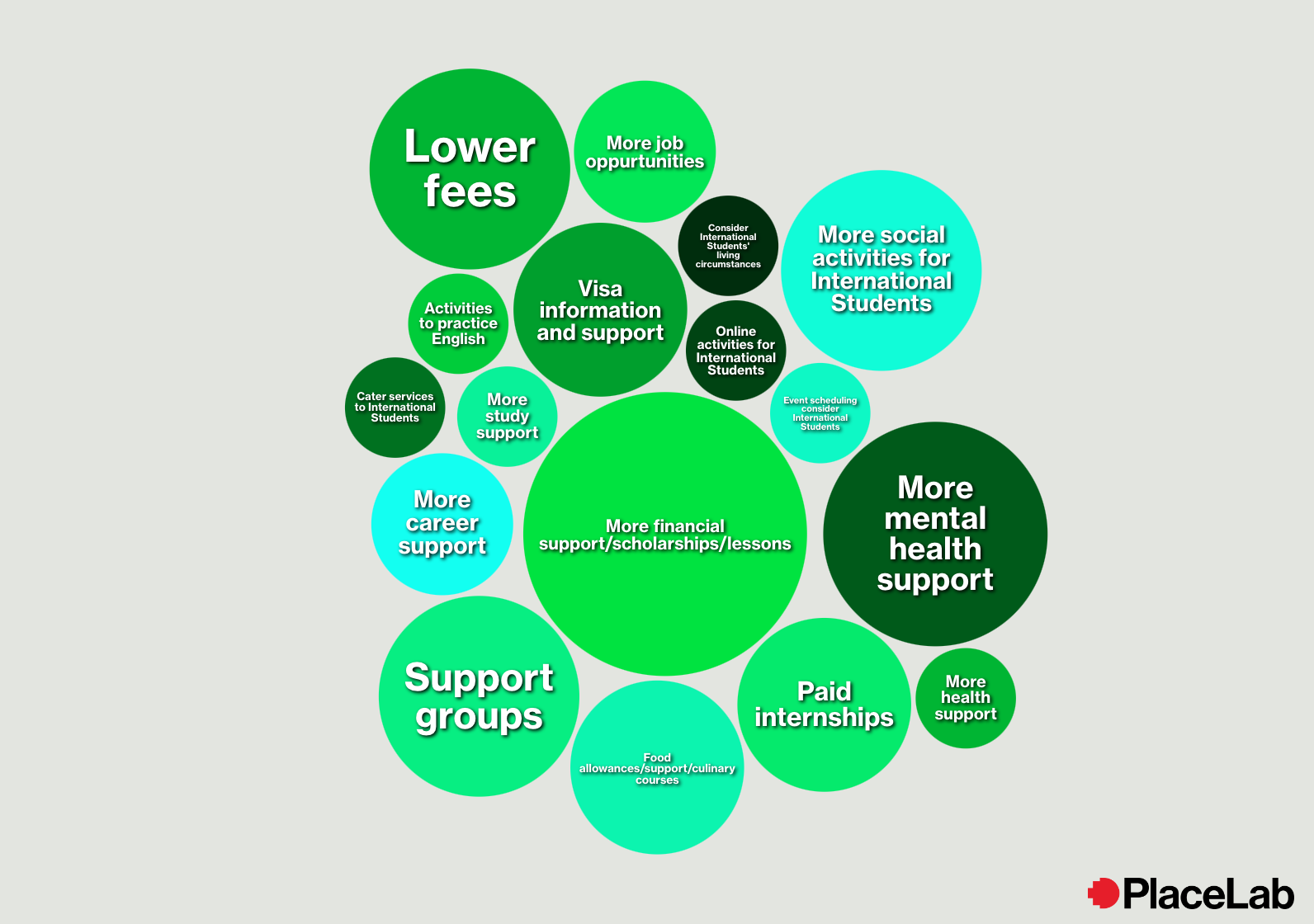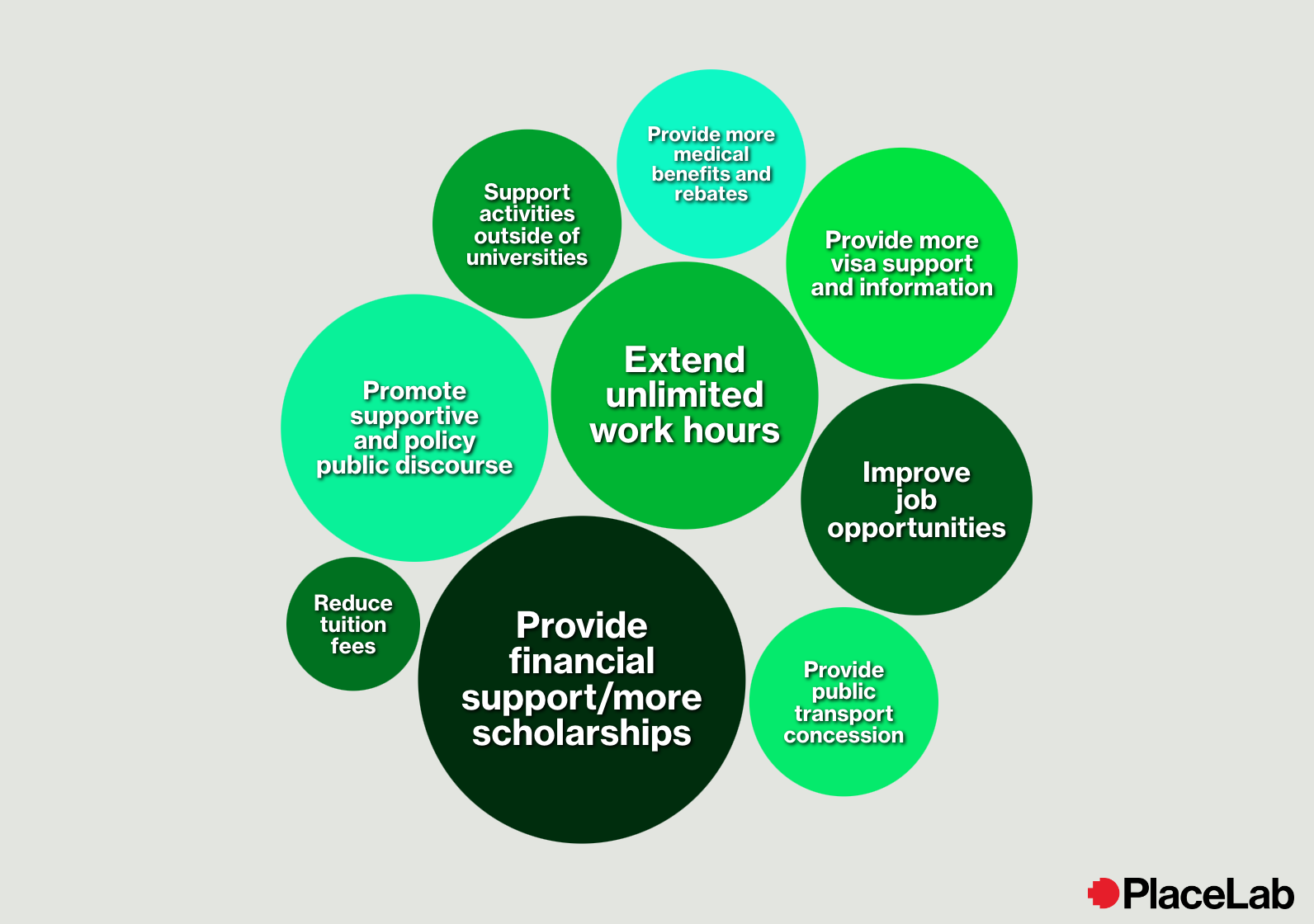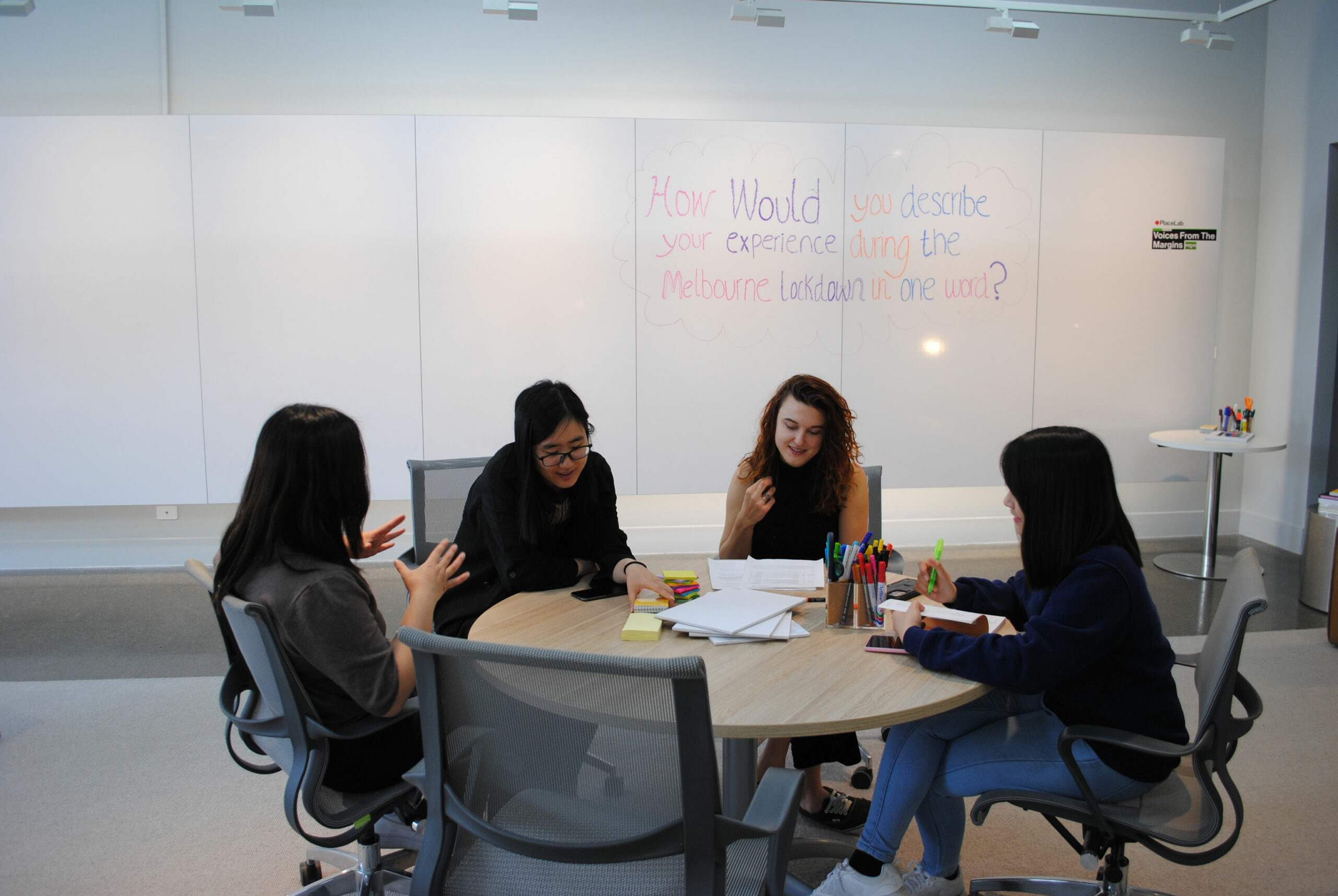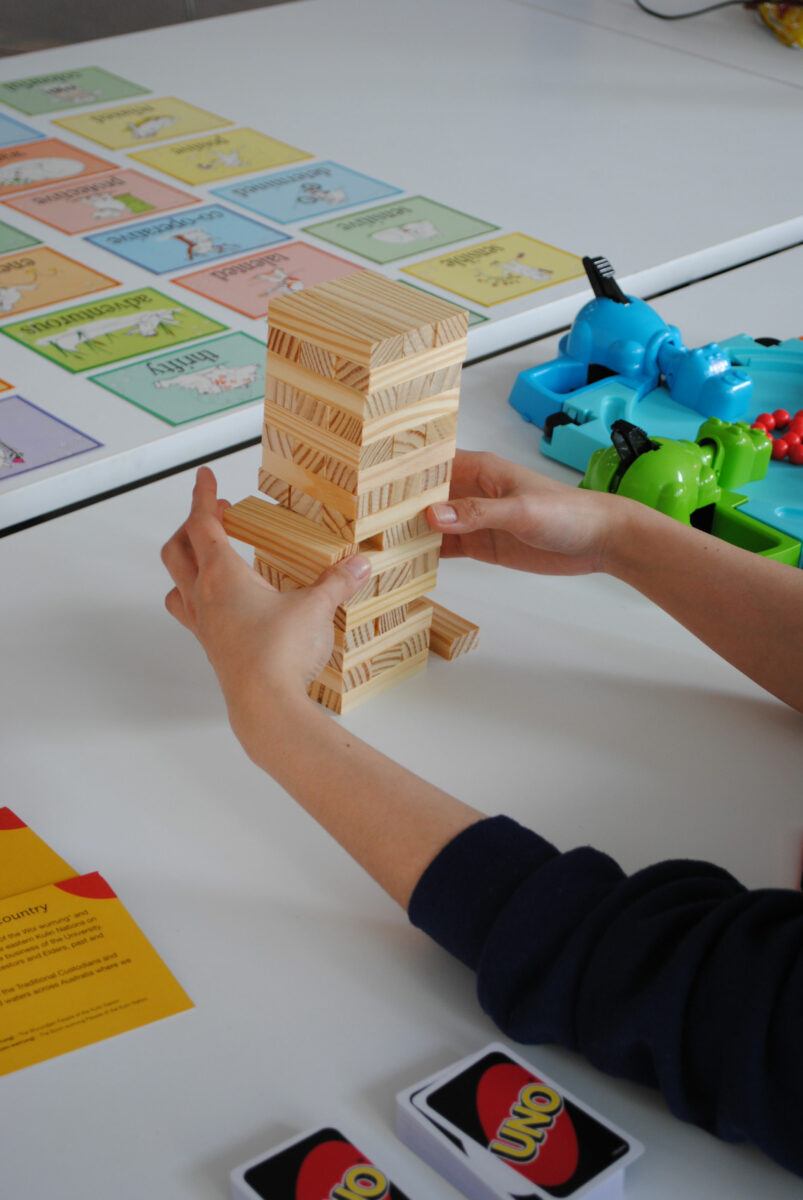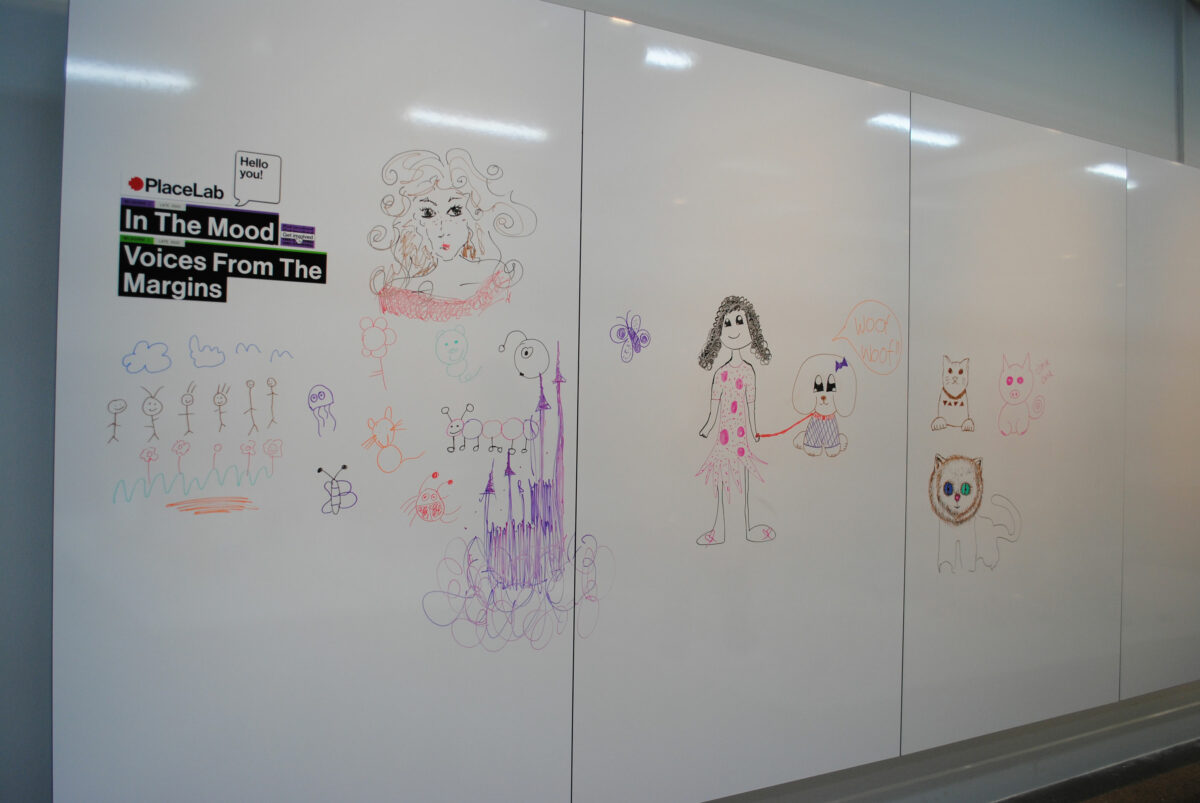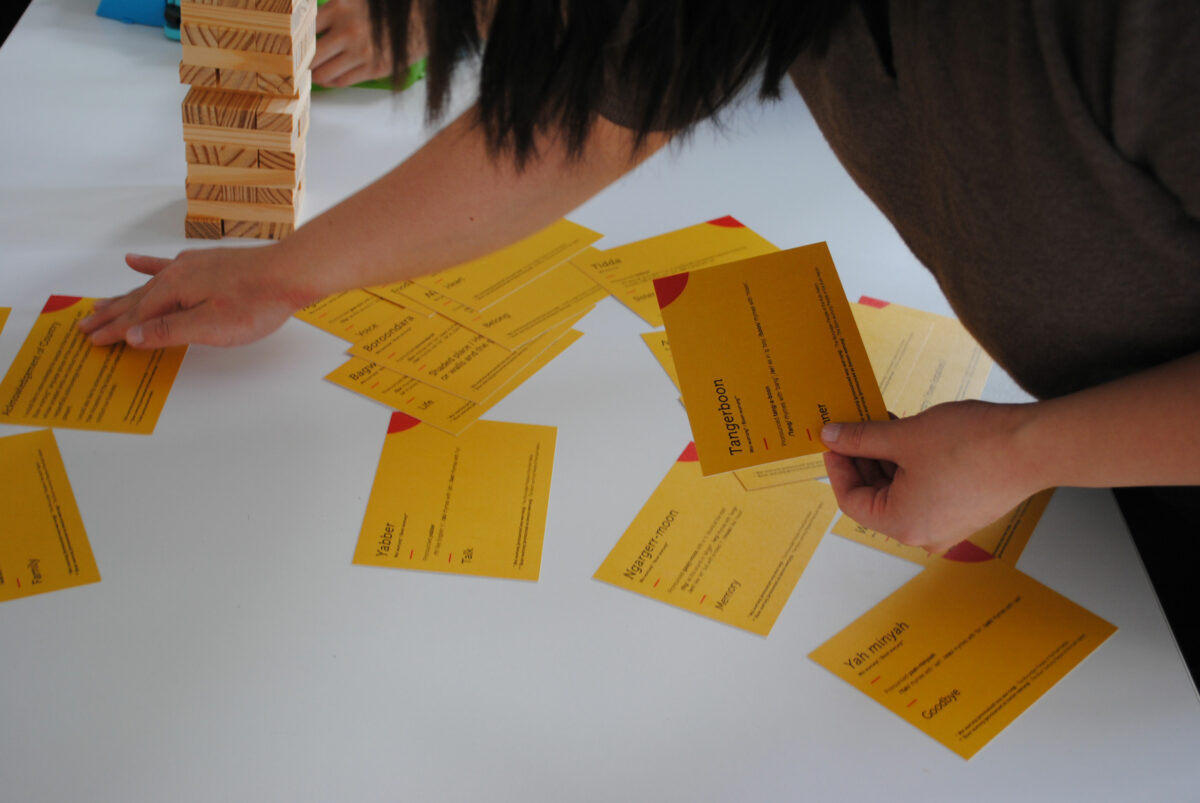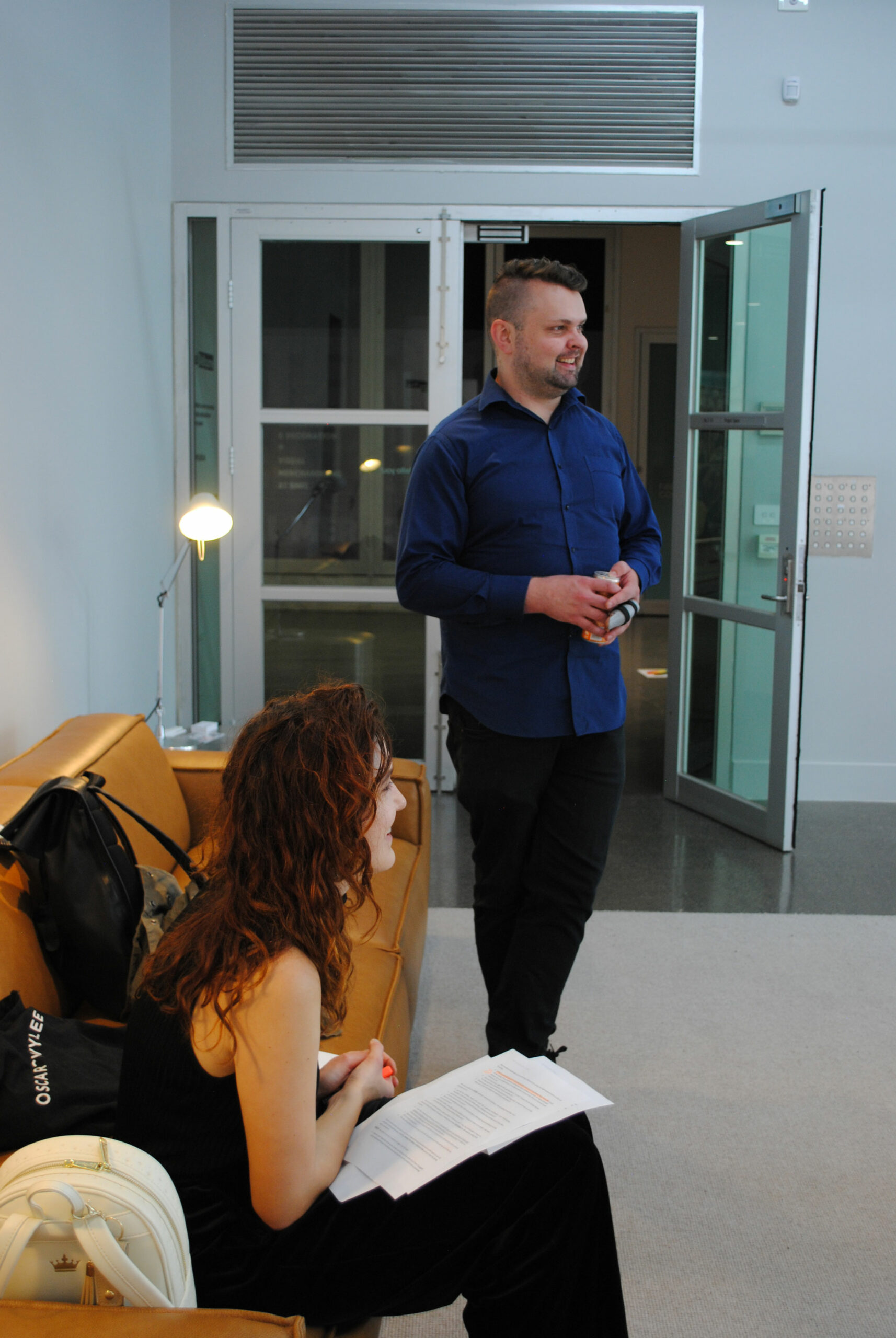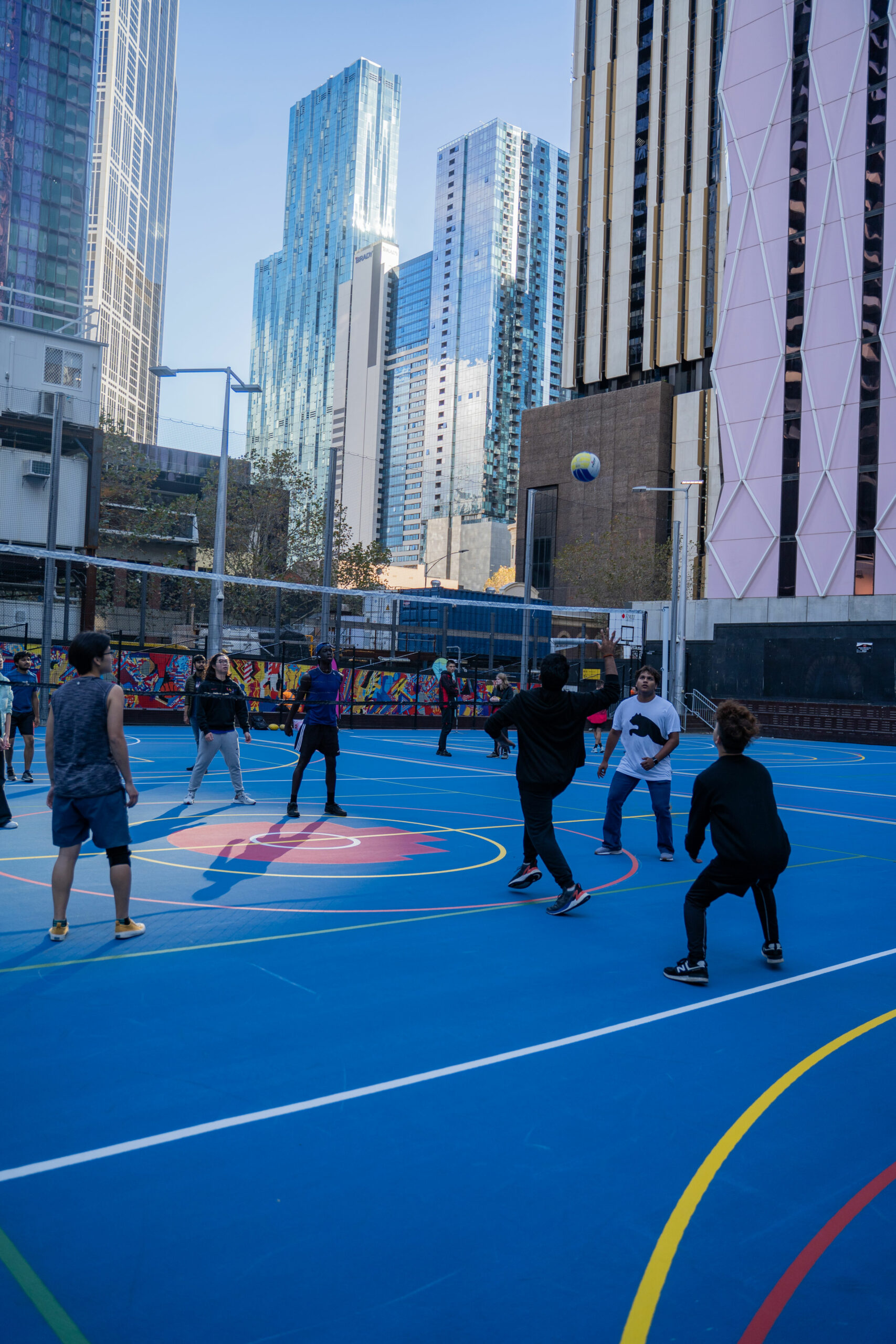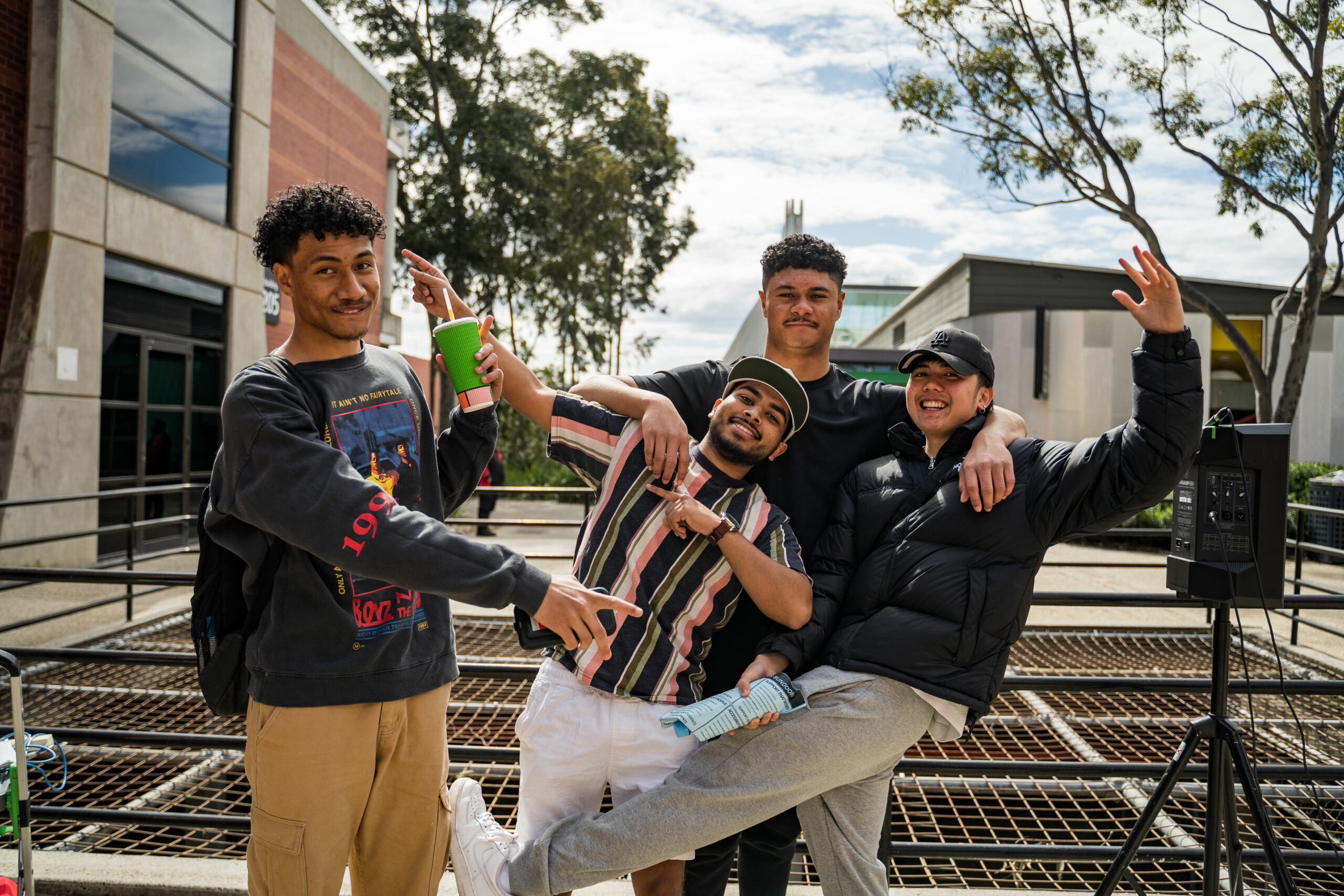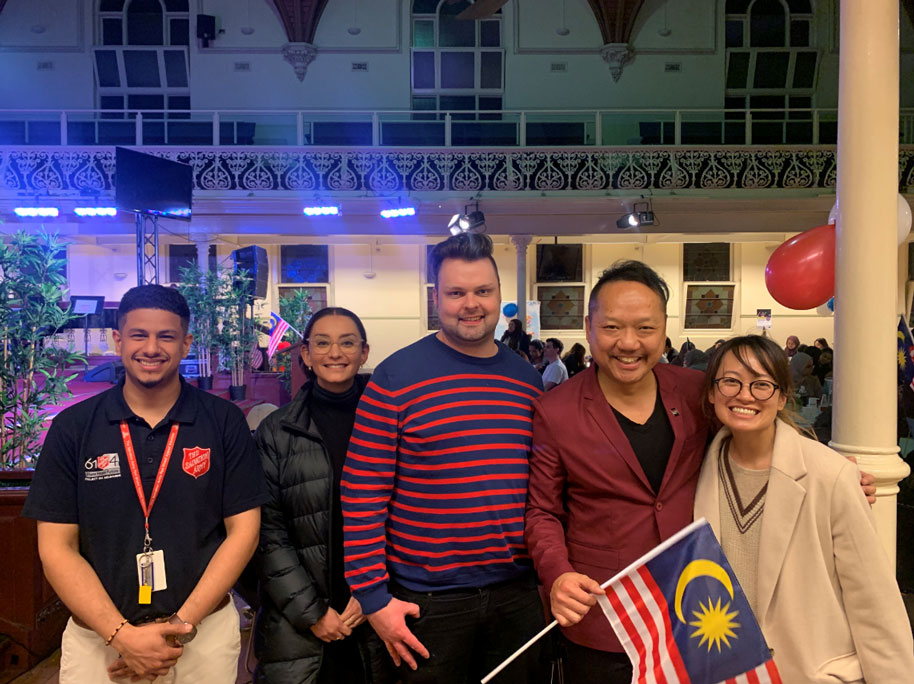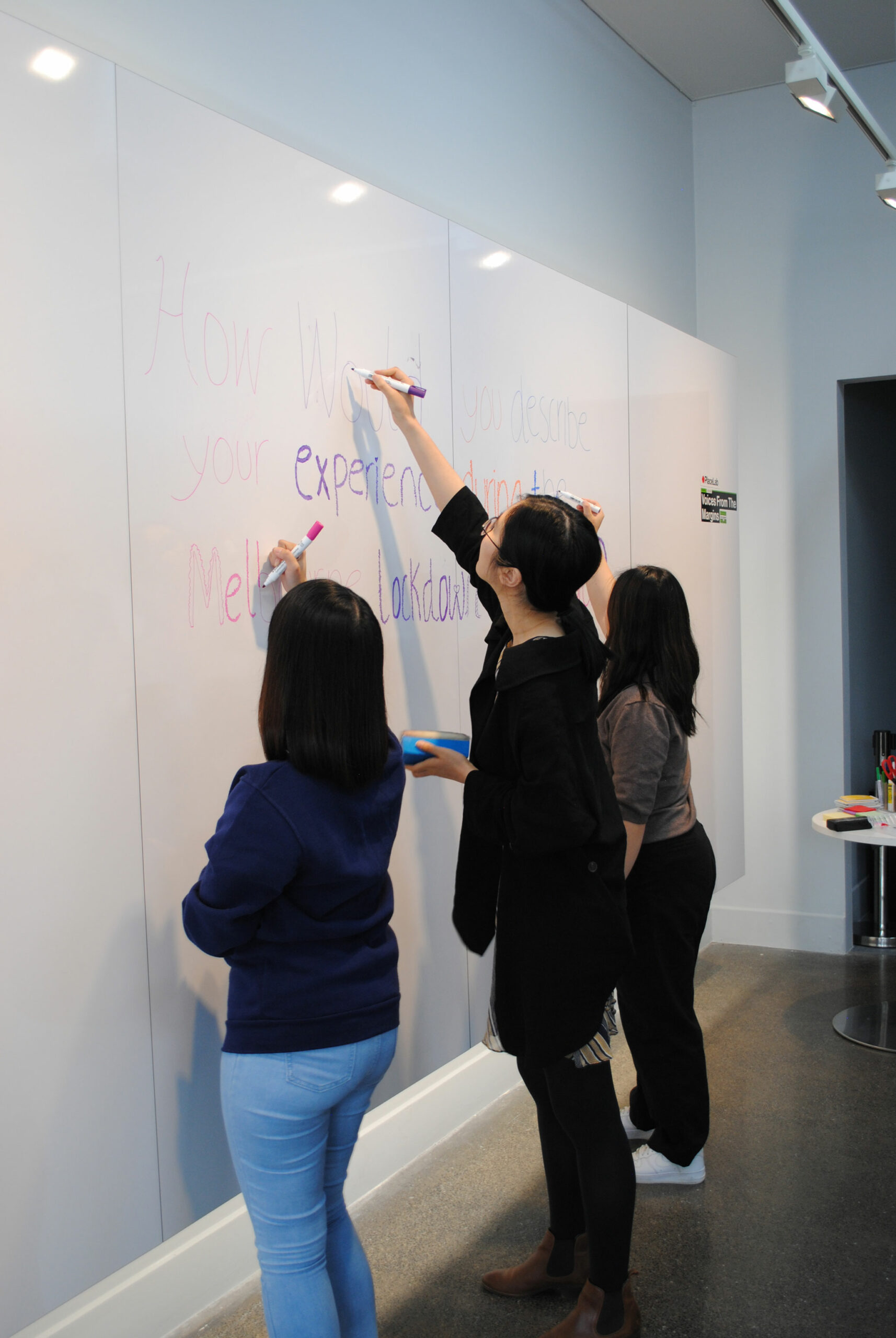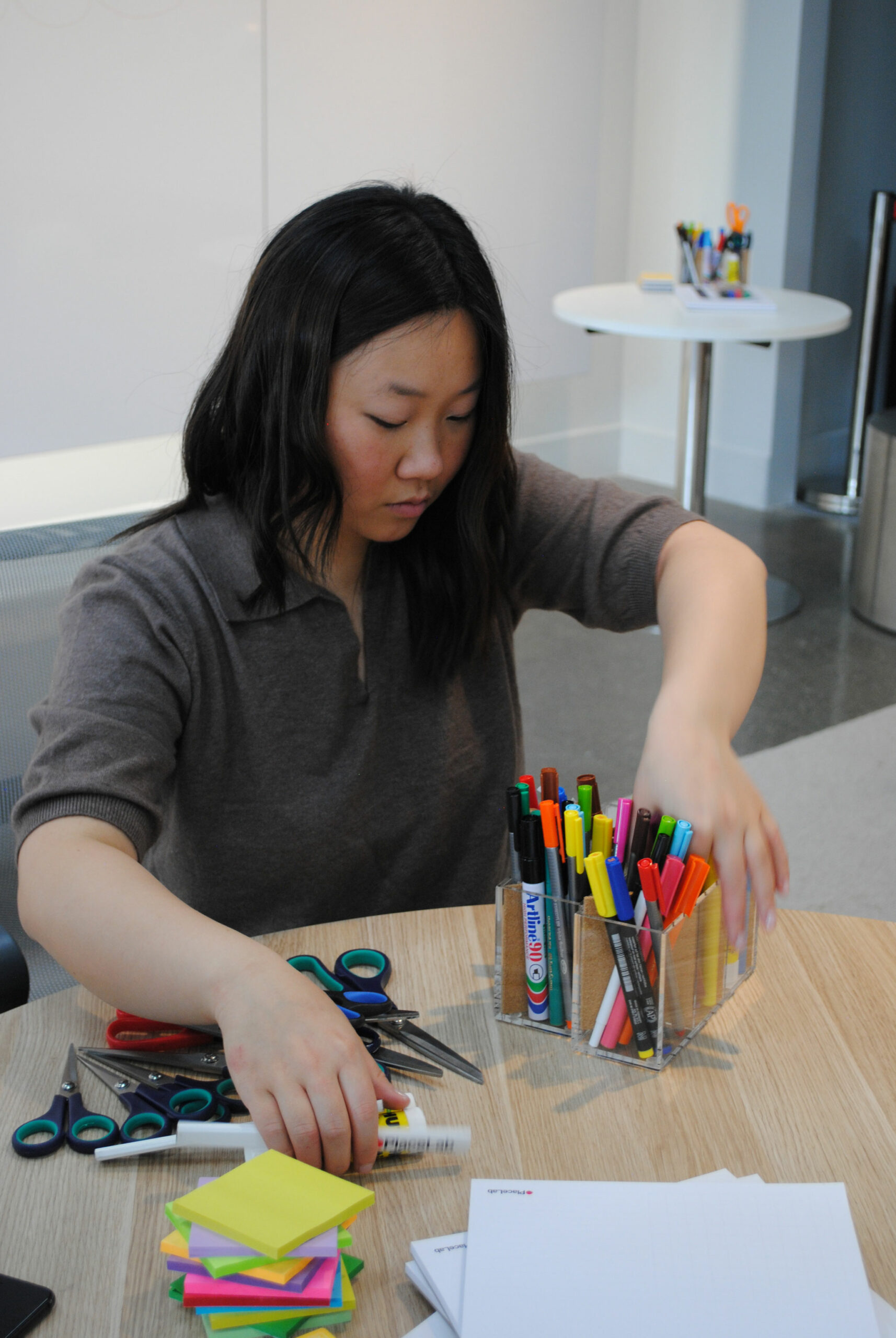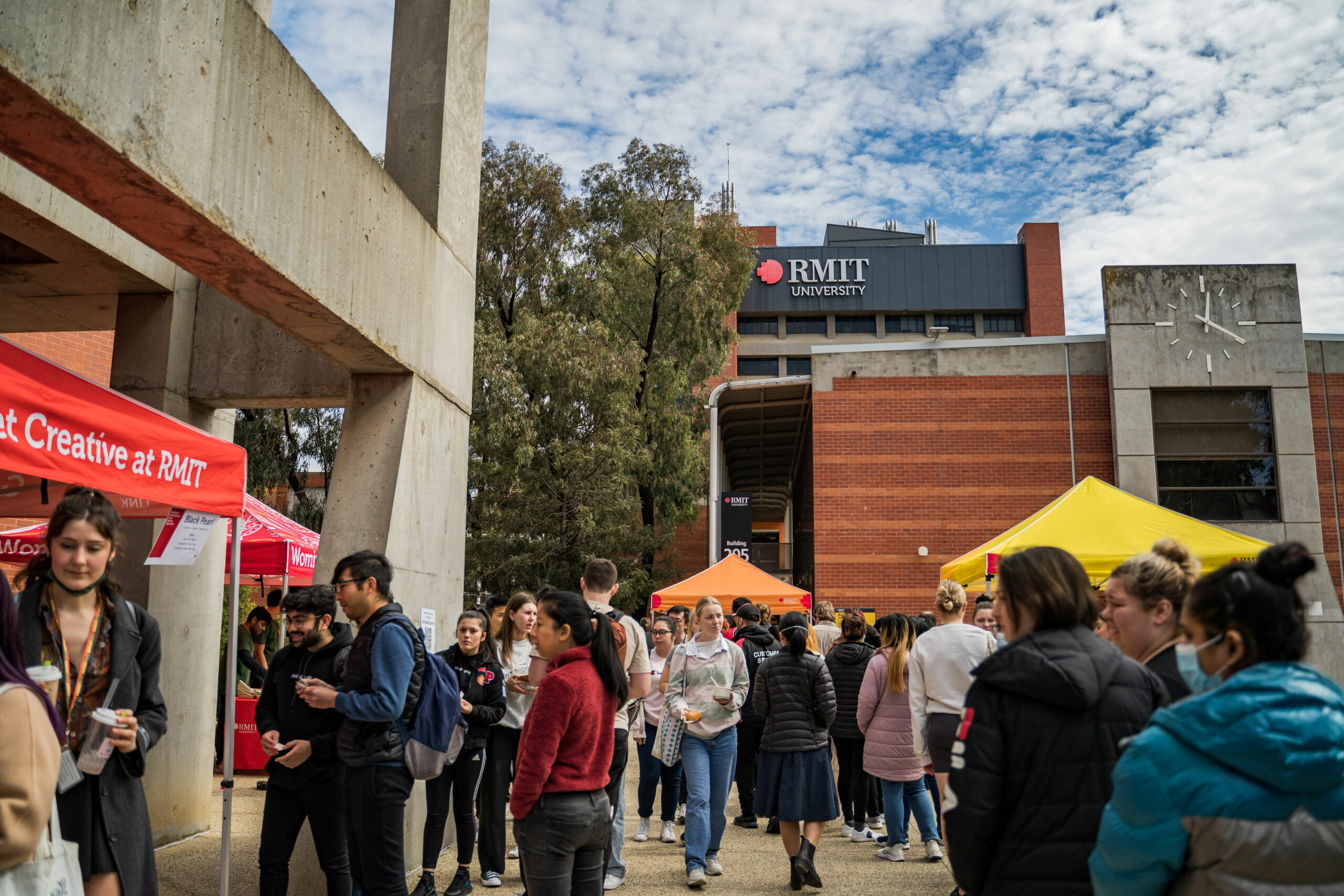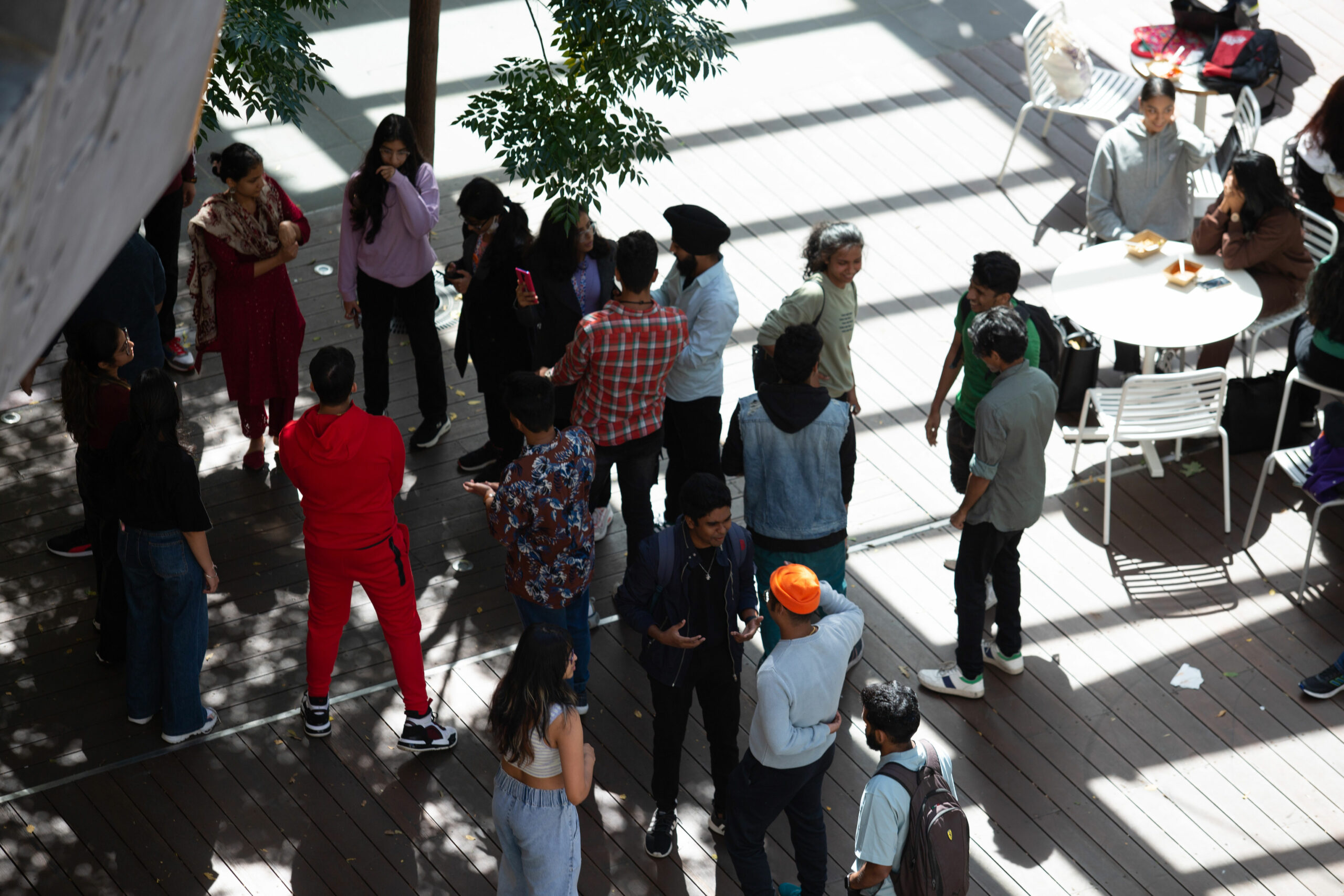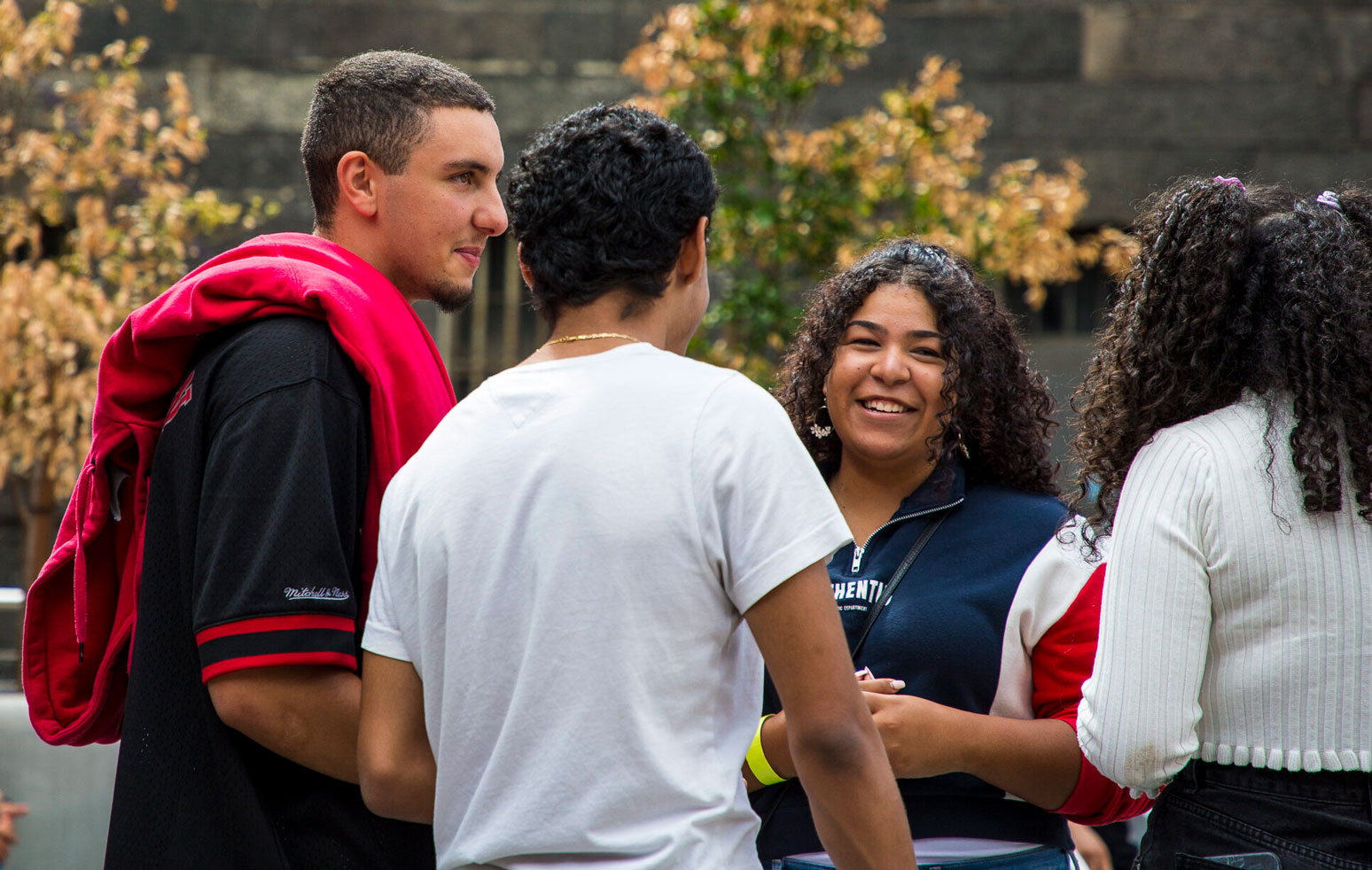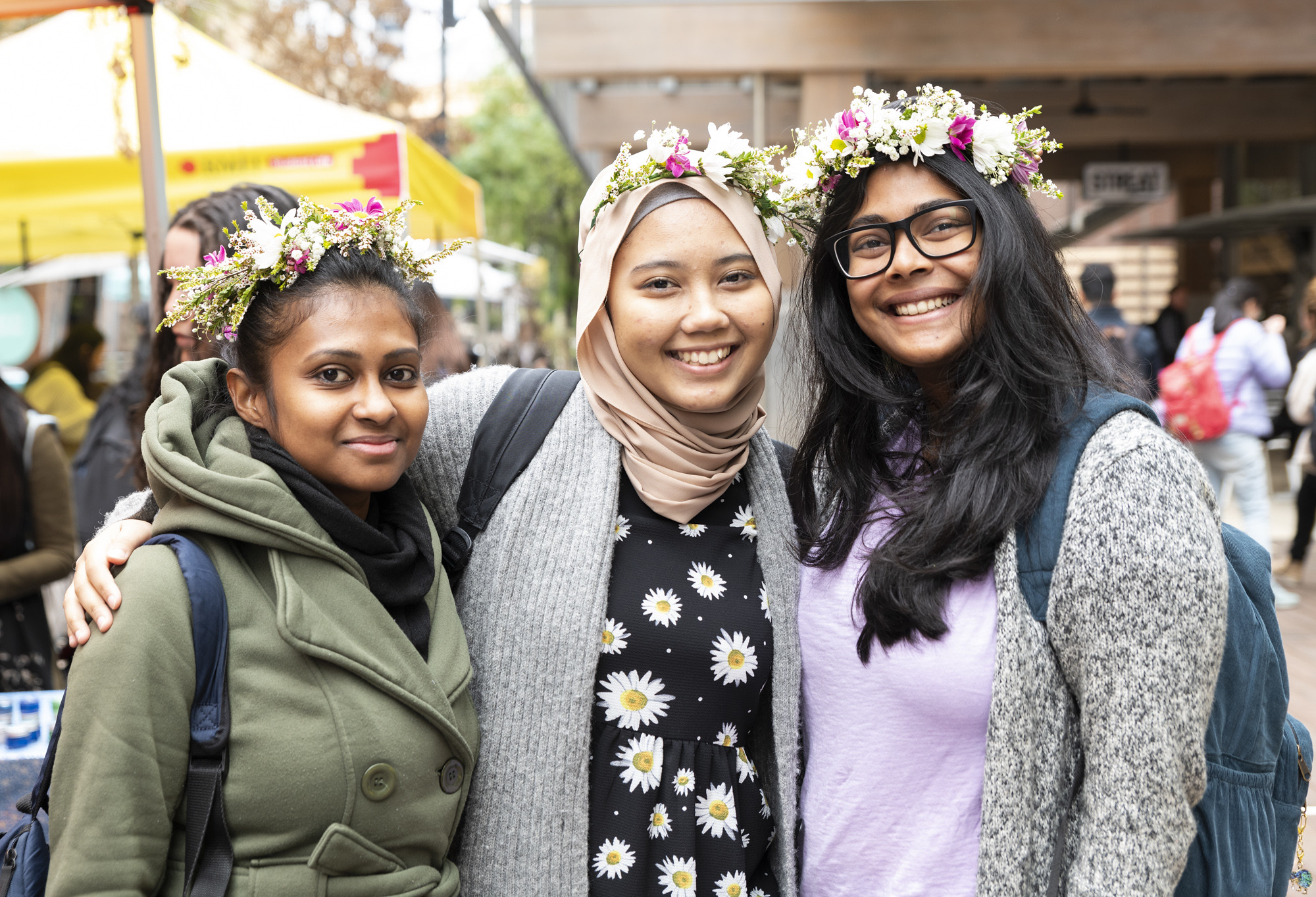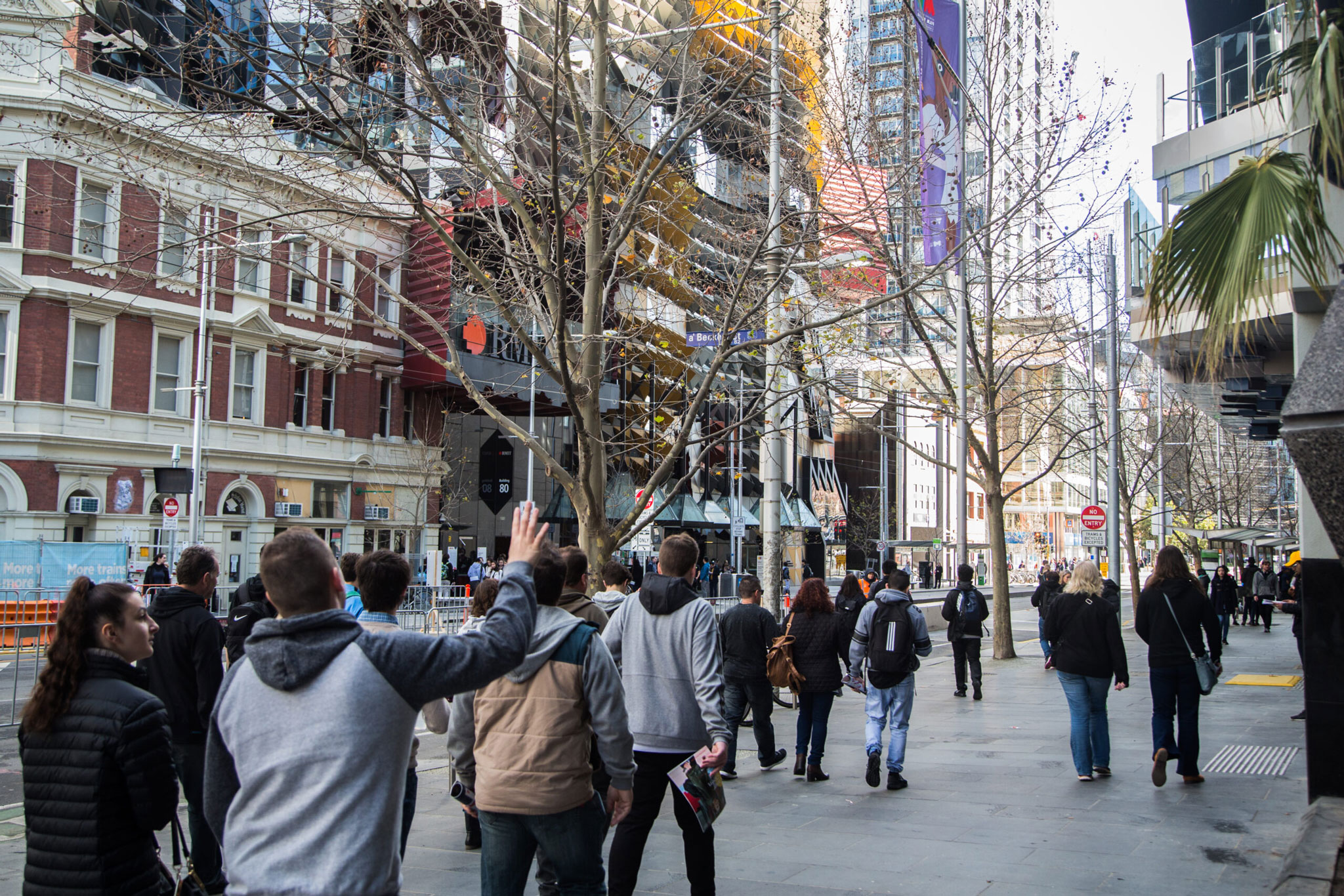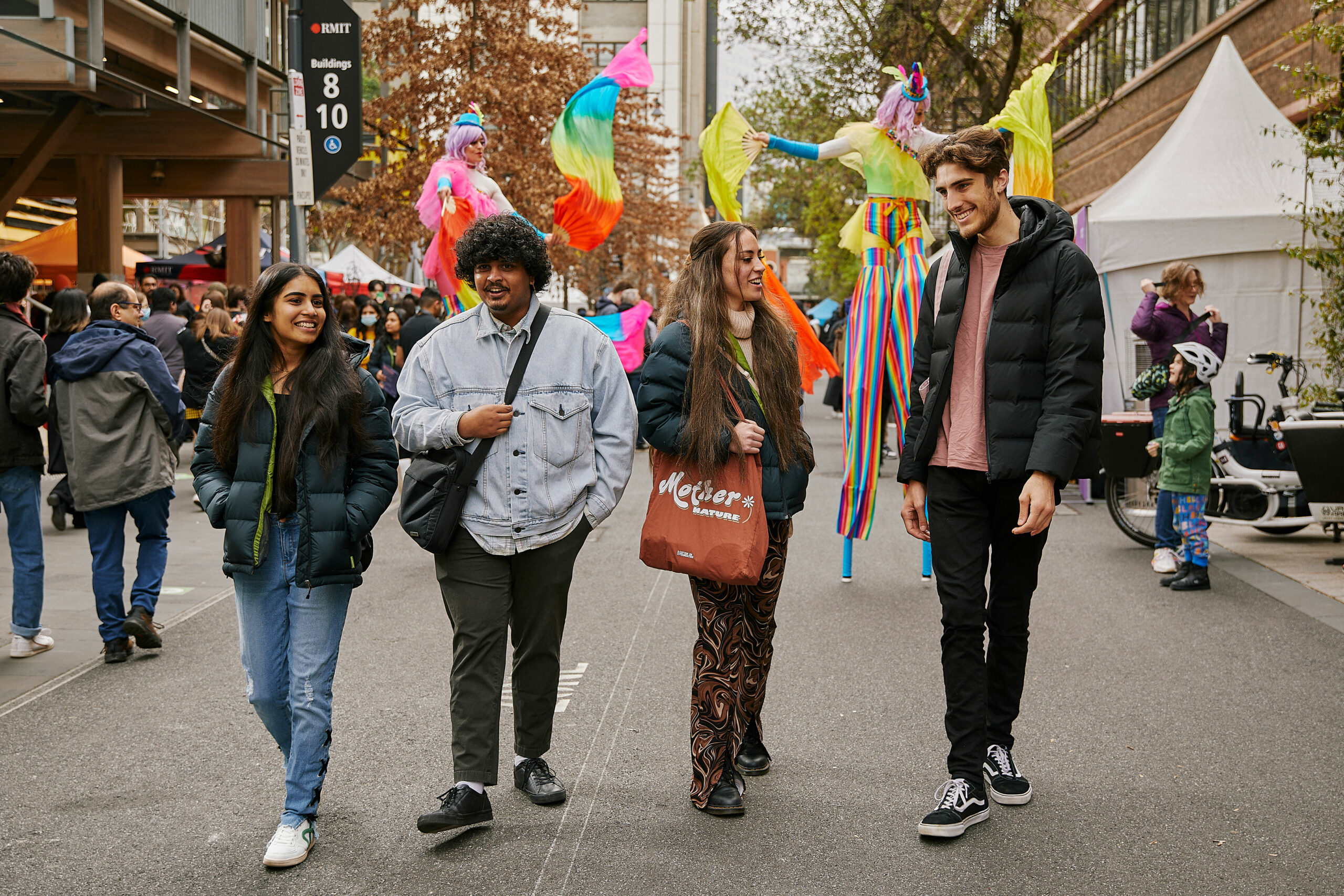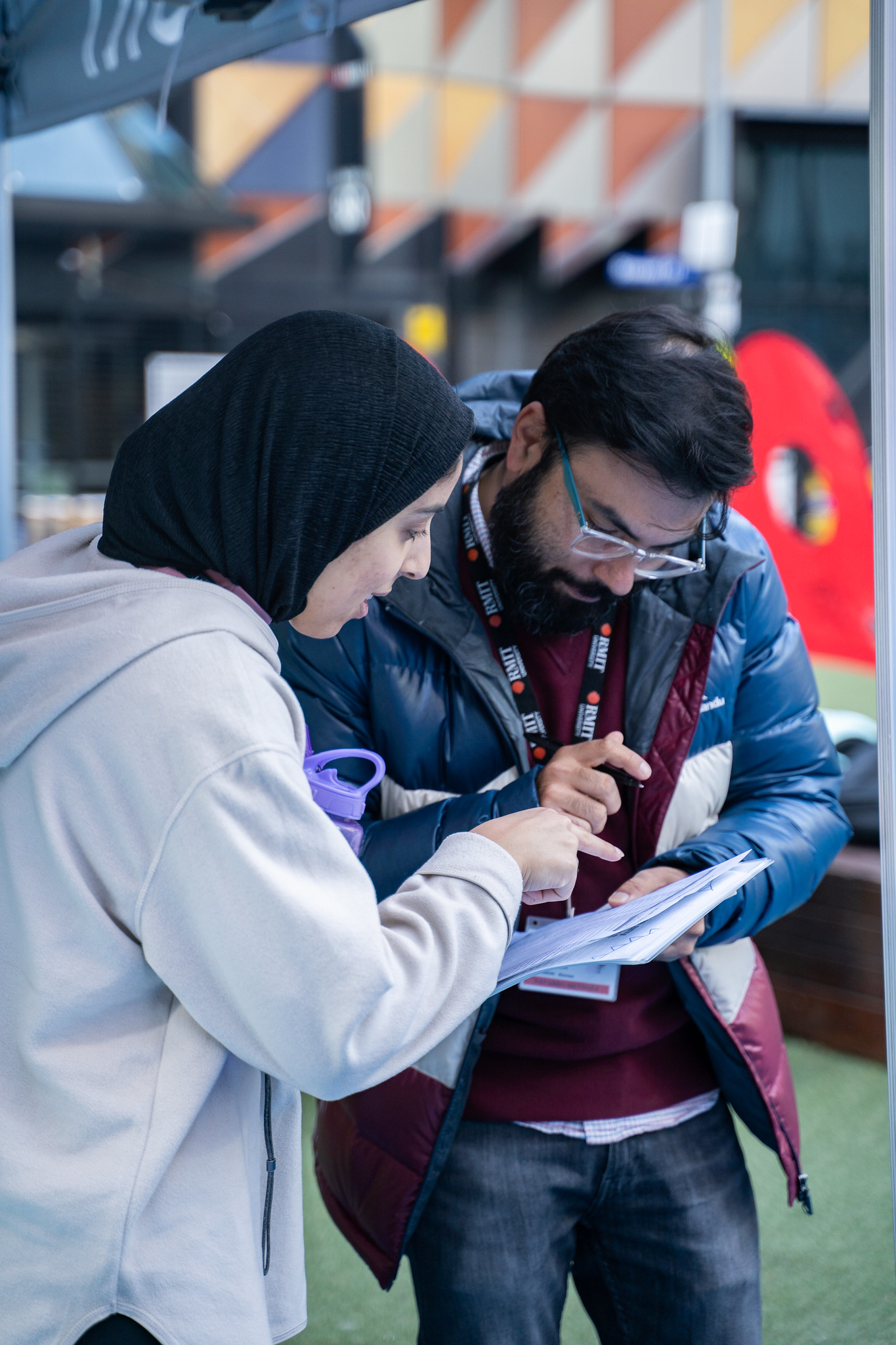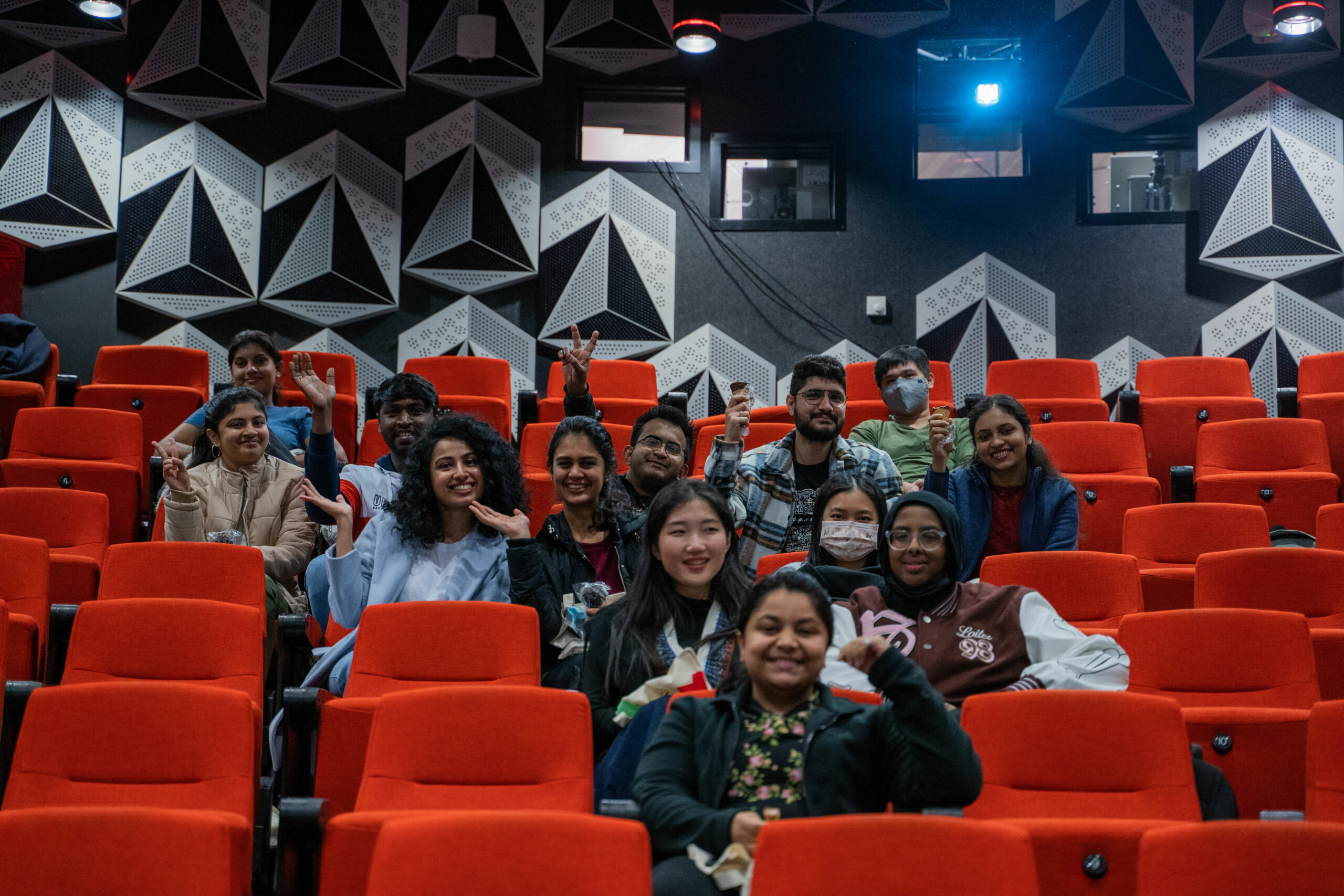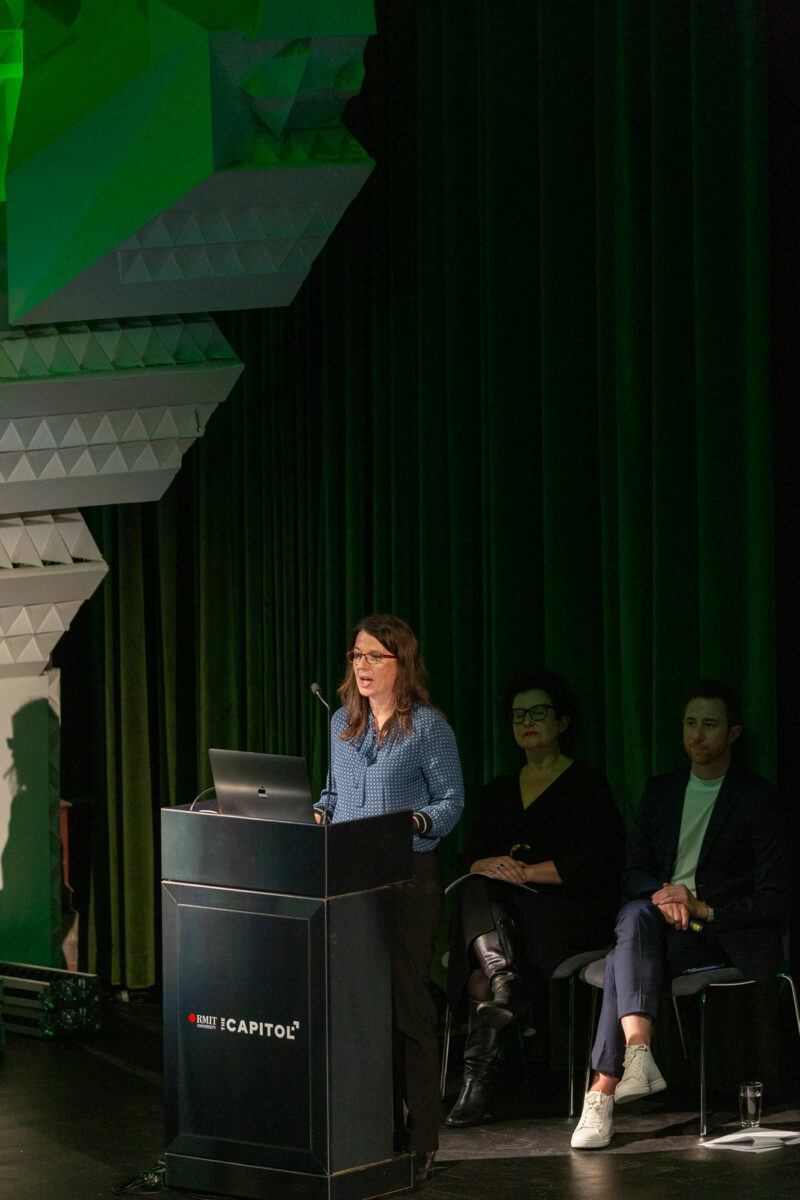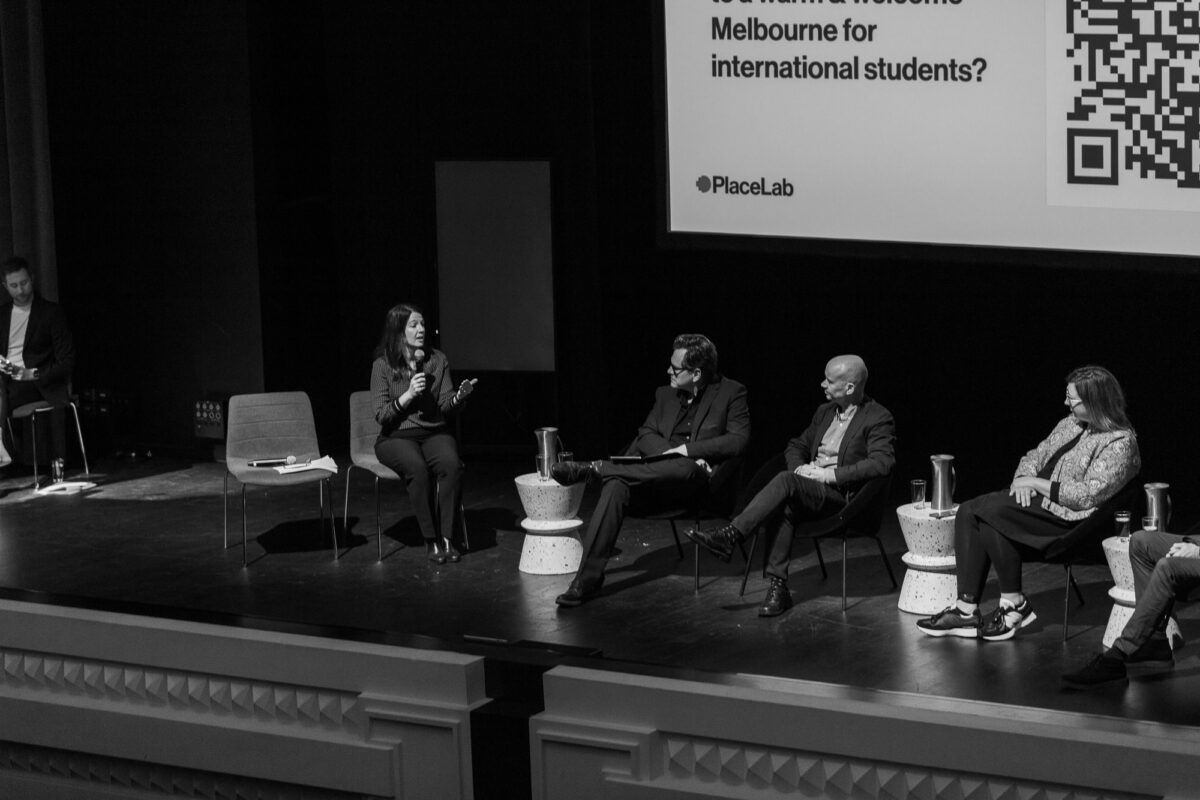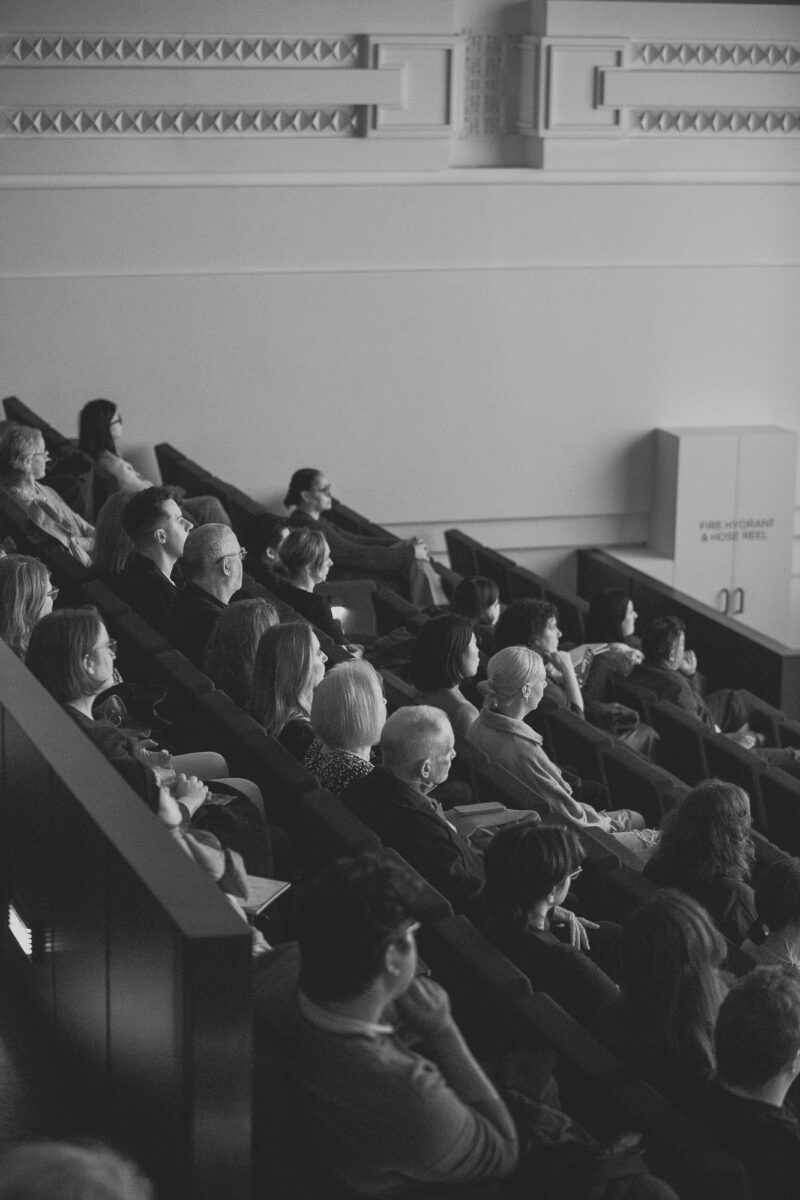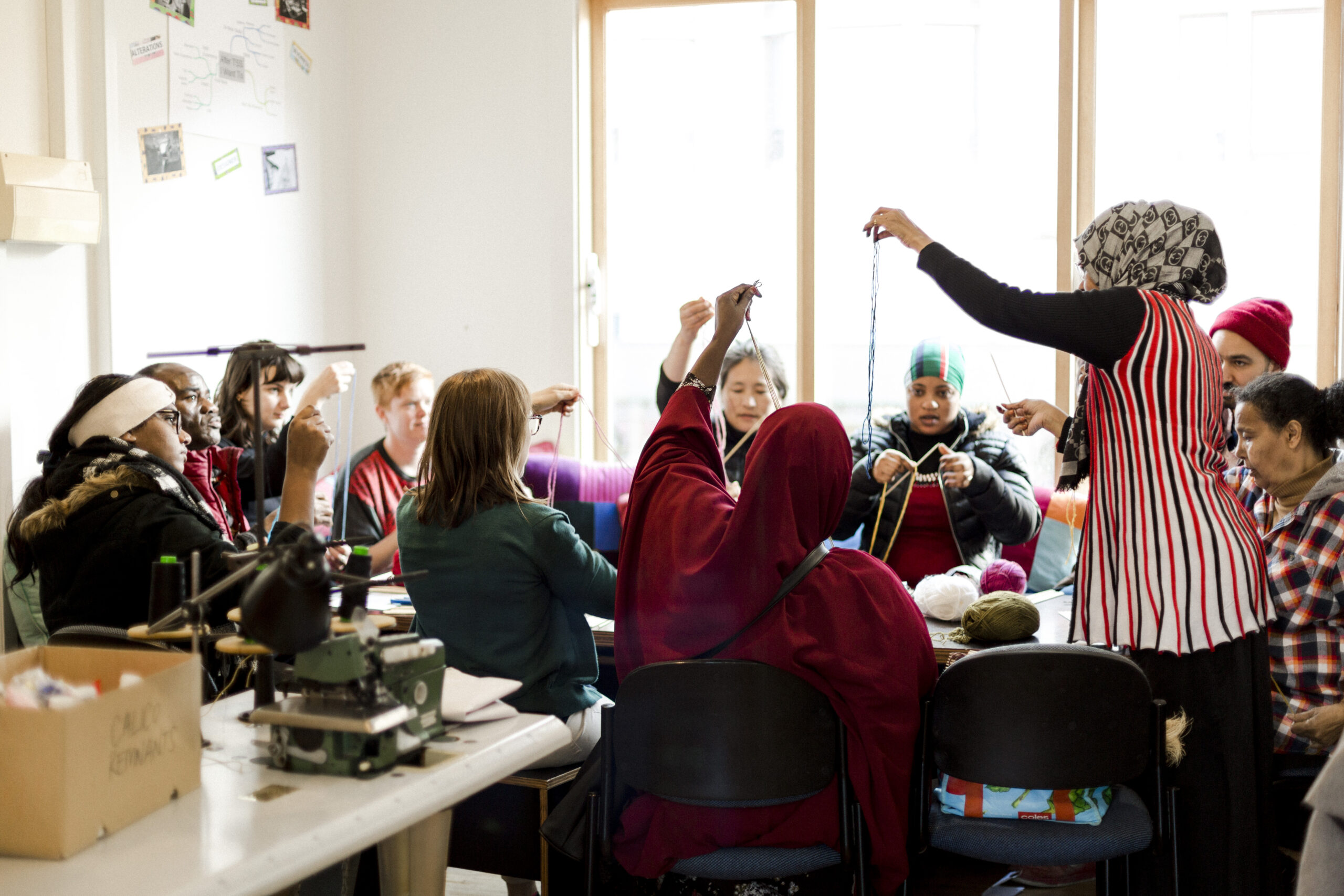The Voices From The Margins Project Report is here!
Led by the research of DSC Lecturer Dr Sonia Martin and Social Work & Human Services Associate Dean Robyn Martin, we wanted to understand the impact of marginalisation on international students in Melbourne during – and following – the COVID-19 lockdowns.
We engaged with international students as both lived experience researchers and advisors, asking them to contribute their ideas about how Melbourne could be more inclusive.
We identified key themes within which international students experience a range of vulnerabilities – from emotional wellbeing and social connection through to education and employment.
This study reinforced that many international students experience vulnerability, exploitation, marginalisation and commodification. We found that these factors were only exacerbated by COVID-19 restrictions.
Understanding the impact of these challenges can help education providers and governments develop policies that better support Melbourne’s international student population.
Together, we’re tackling real-world, urban challenges and seeking innovations that improve liveability, connection, and community resilience; and ultimately evolve spaces into places.
This report will be shared with our local government and industry partners. Please feel free to send this on to anyone or any organisation that might be intrigued!
Explore more in our full report available at the ‘Download Report’ button above.
